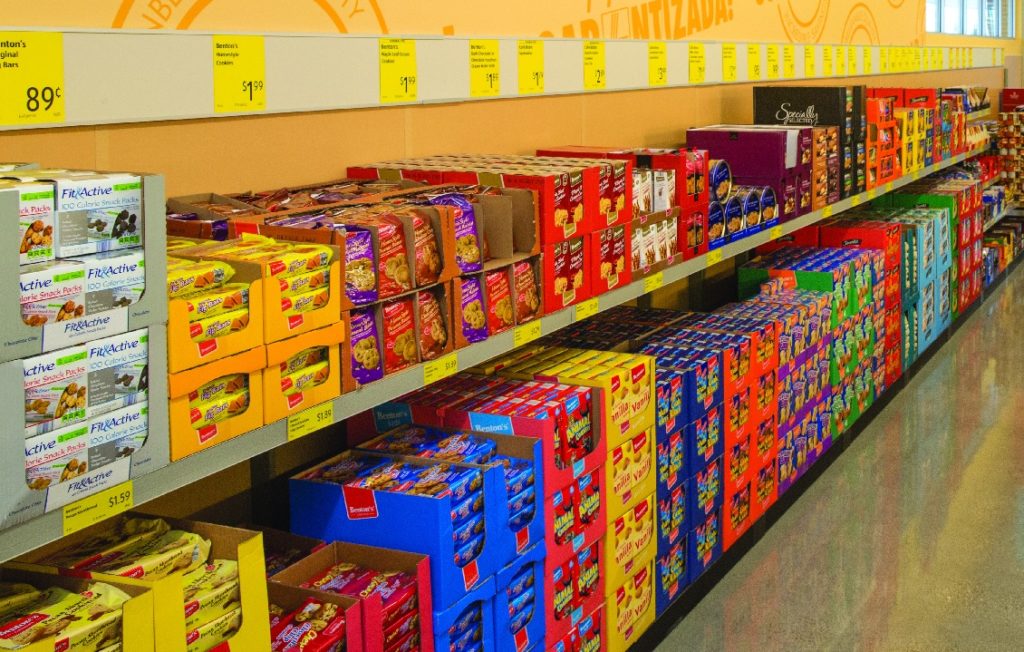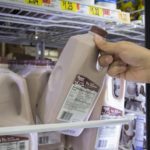Any seasoned couponer will tell you that you can save more money by shopping the sales and using coupons on national brands, than you can by buying lower-cost store brands at full price.
It seems many shoppers aren’t listening, though. A new report finds that store brand sales are on the rise. And most of that growth isn’t even happening in the grocery store.
The Private Label Manufacturers Association’s 2016 Private Label Yearbook finds that private label sales reached an all-time high of $118.4 billion last year across grocery, drug, dollar, club and mass merchandise stores. When discounters like ALDI and specialty stores like Trader Joe’s are added to the mix, the total rises to nearly $140 billion.
At $62.5 billion, grocery stores still command the majority of private label sales – nearly one in four items sold at a supermarket is a store brand – but those figures were mostly flat last year. There was also little change in the drug store category. But private label sales in the mass/club/dollar channel have been on a steady rise, accounting for most of the overall growth.
In total, the PLMA report cites a recent National Bureau of Economic Research study estimating that shoppers could save $44 billion a year by choosing store brands over their national counterparts. “So why are some still choosing the national brand over the store brand?” the study asked. “Because ads are more likely to mislead the least informed buyers. The best informed shoppers were more likely to buy the store brand over the brand name options.”
Couponers who swear by the savings they enjoy on national brands might be offended at the insinuation that they’re somehow ill-informed. Coupons and sales circulars are effectively forms of advertising as well, after all. And far from “misleading” shoppers into buying more expensive products, coupons and promotions may well steer savvy shoppers toward brand names that offer the best out-of-pocket prices.
Many shoppers who aren’t into couponing, though, turned to store brands during the recession and never went back. The PLMA report cites a survey that found three-quarters of shoppers who switched to private label products, don’t intend to go back to purchasing more expensive brands.
But there’s more to private label’s growth than just saving money. The top five grocery categories in overall store brand sales were milk, cheese, bread/baked goods, produce and eggs – not categories in which there are typically many brand names at all. So the strength and breadth of private label products in the top-selling categories may be a little misleading, due more to the lack of brand name options than the popularity of store brands.
That’s not to say store brands can’t be popular, of course. And the strength of the category in the discounters and specialty stores is a prime example. The vast majority of ALDI’s inventory, for instance, is made up of private label products. And ALDI doesn’t accept coupons. But plenty of shoppers flock there anyway, because they like what ALDI has to offer. Trader Joe’s also sells mostly store brand products – and also doesn’t take coupons. Yet shoppers go there not just for good prices, but because they genuinely like Trader Joe’s private label products.
So when it comes to private label, it’s not always about price. Many shoppers choose store brands not because they have to, but because they want to. Coupons, or not.
Image source: ALDI

















Aldi’s dark chocolate (85% cocoa) is one of the best I’ve ever tasted.